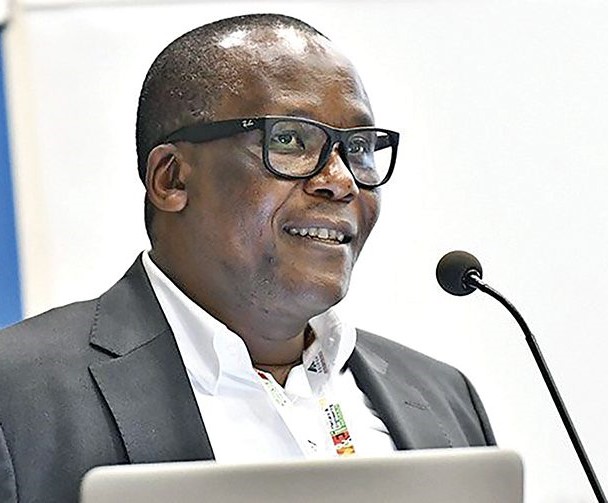The Black Business Council (BBC) has strongly condemned the media campaign led
by amaBhungane against the Moti Group of Companies, warning that the attacks
follow an extremely disturbing trend of racism and utter disregard of black business
rights.
One of the country’s largest and most powerful advocacy groups for black businesses
and professionals, the BBC represents the voice and interests of over two million
members at forums such as the National Economic Development and Labour Council
(NEDLAC).
Having received dozens of similar complaints of racism, harassment, and unfair
treatment by certain members of the media from its members, the BBC is now throwing
its support behind the Moti Group in its ongoing legal battle against amaBhungane. It
2 | Page
states that the Moti Group’s case forms part of a larger pattern of orchestrated
attempts to delegitimise black professionals, academics, and businesses.
The BBC has taken note of the activities and actions of certain amaBhungane and
Daily Maverick journalists, who have increasingly distinguished themselves by their
almost singular focus on targeting black people for denigration, vilification, and
badmouthing,” says BBC President Elias Monage.
AmaBhungane is abusing its status as a media platform to justify acts that effectively
constitute or support corporate espionage, apparently deeming it their inalienable right
to simply steal information from individuals and businesses, he adds.
“The invasion of privacy exemplified by the Moti Group’s case risks setting a
dangerous precedent for other media to be tempted into seducing employees of
companies into breaking the law, and later avoiding justice by simply claiming to be
whistleblowers.
“But while the BBC supports press freedom, we will never accept the theft of
information as a correct or standard practice of investigative journalism. We condemn
amaBhungane’s actions as completely unacceptable.”
As a result, the BBC will be engaging the South African National Editors’ Forum
(SANEF) to demand an explanation for its silence on the unsavoury practice of stealing
information.
“It cannot be that the constitutional rights of individuals, businesses, or entities should
be sacrificed at the altar of reporting by ‘any means possible’. This is particularly
offensive given that amaBhungane and other members of the media are relying on
this same Constitution to defend their own actions in the so-called name of press
freedom,” emphasises Monage.
He points to a recent opinion piece published in Africa News Global by Dr Clyde
Ramalaine titled: “Is amaBhungane entitled to hide behind ‘investigative journalism’ to
veil its usefulness as a political tool, perhaps its raison detre? – The Moti Case”. In
this article, Dr Ramalaine notes that there must be a clearer distinction drawn between
how information is obtained and the actual content harvested, and warns against
allowing media to be captured by outside interests or tangled in proxy wars.
“The BBC and our members will not sit by while media platforms, that are sponsored
by a mix of local and global entities, driven by racist and dubious agendas, are allowed
to simply annihilate the reputations of black leaders and black businesses. The
economic emancipation and transformation imperative of South Africa must not be
jeopardised by the vendetta of a few rogue media.”
About the Black Business Council
The Black Business Council (BBC) is the over-arching confederation that represents
black professional, business associations and chambers. The primary purpose of the
BBC is to lobby government on policy related matters and to play an advocacy role
where policies are in place in order to accelerate the participation of black business in
the mainstream economy.

